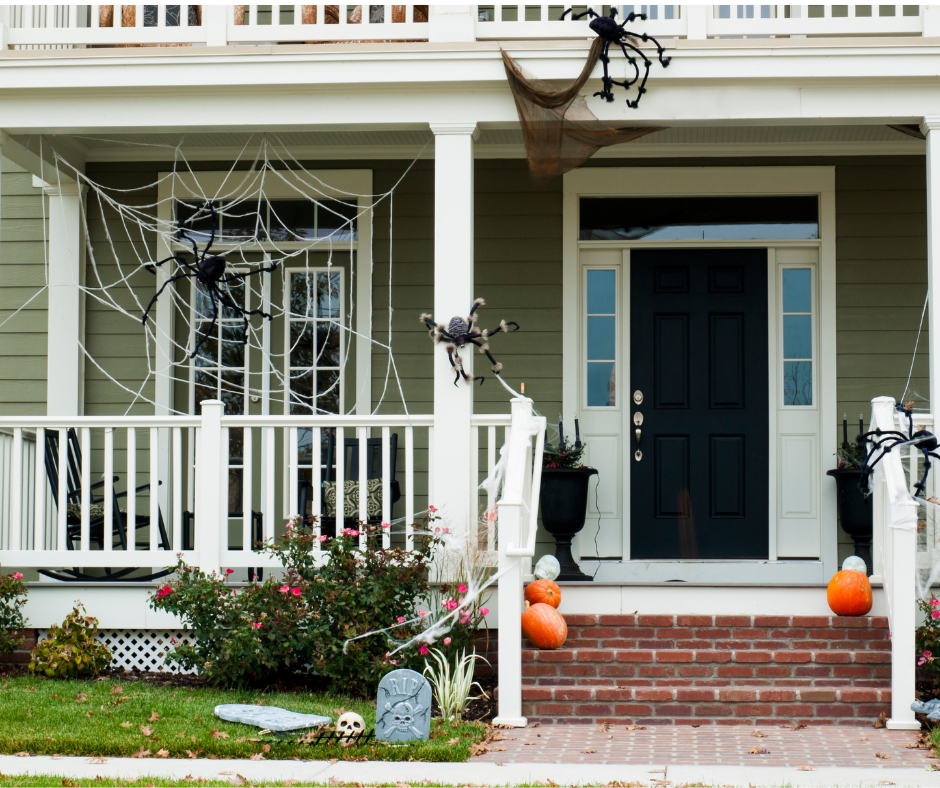Halloween Do’s and Don’ts for Kids who have Autism
By Aysa Shaffer, BCBA, Vice President of Integrated Therapy Services, Axis for Autism
For most kids, Halloween is one of the best nights of the year. But for children with sensory processing issues and those on the autism spectrum, it can be scary – and not the good “Halloween” kind of scary. Itchy costumes, loud noises and the disruption in routine all conspire to create a nightmarish experience for kids, not to mention their parents.
If your child has autism or sensory issues, here are some do’s and don’ts to swap out the frights for an evening of delights:
Halloween Do’s
- Tell your child what to expect. If you’re planning to trick-or-treat, walk the neighborhood together and point out the houses where you’ll be stopping. Practice what will happen when you knock on the door and show your child how to hold out their treat bag.
- Create a substitute for “trick or treat.” If your child is non-speaking, help them avoid awkward or upsetting interactions by making a card that says “trick or treat” to hold up when knocking on doors.
- Eliminate potential stressors. Traditional Halloween events may not work well for your child. If trick-or-treating or the school costume parade will cause distress, skip those activities and find alternatives – like a Halloween-themed evening at home or a sensory-friendly community event.
- Find a Plan B. Prepare an exit route before you ever leave the house. Even the best-laid plans might go up in smoke if your child is overloaded with sensory input. Manage your own expectations and be prepared to find a quiet spot to calm down or simply retreat home.
Halloween Don’ts
- Don’t pick a complicated costume. Packaged costumes are designed to fit lots of sizes. They may be ill-fitting on your child with accessories that slip off or pants that need to be tugged up. Avoid the potential frustrations with a simple costume using pajamas or comfortable basics.
- Avoid jump scares. Some homes are simply too scary for kids – especially those who are sensitive to sensory overload. Skip houses with scary décor and frightening music if your child dislikes those things.
- Don’t change mealtime or bedtime. Kids thrive on routine. This is especially true of kids who have autism, so build your plans around your child’s regular dinner and evening routine.
If you believe your child may have autism, contact Axis for Autism, an Arizona healthcare company specializing in autism evaluation with offices in the Valley and in Tucson, for a free screening and to schedule an evaluation.






